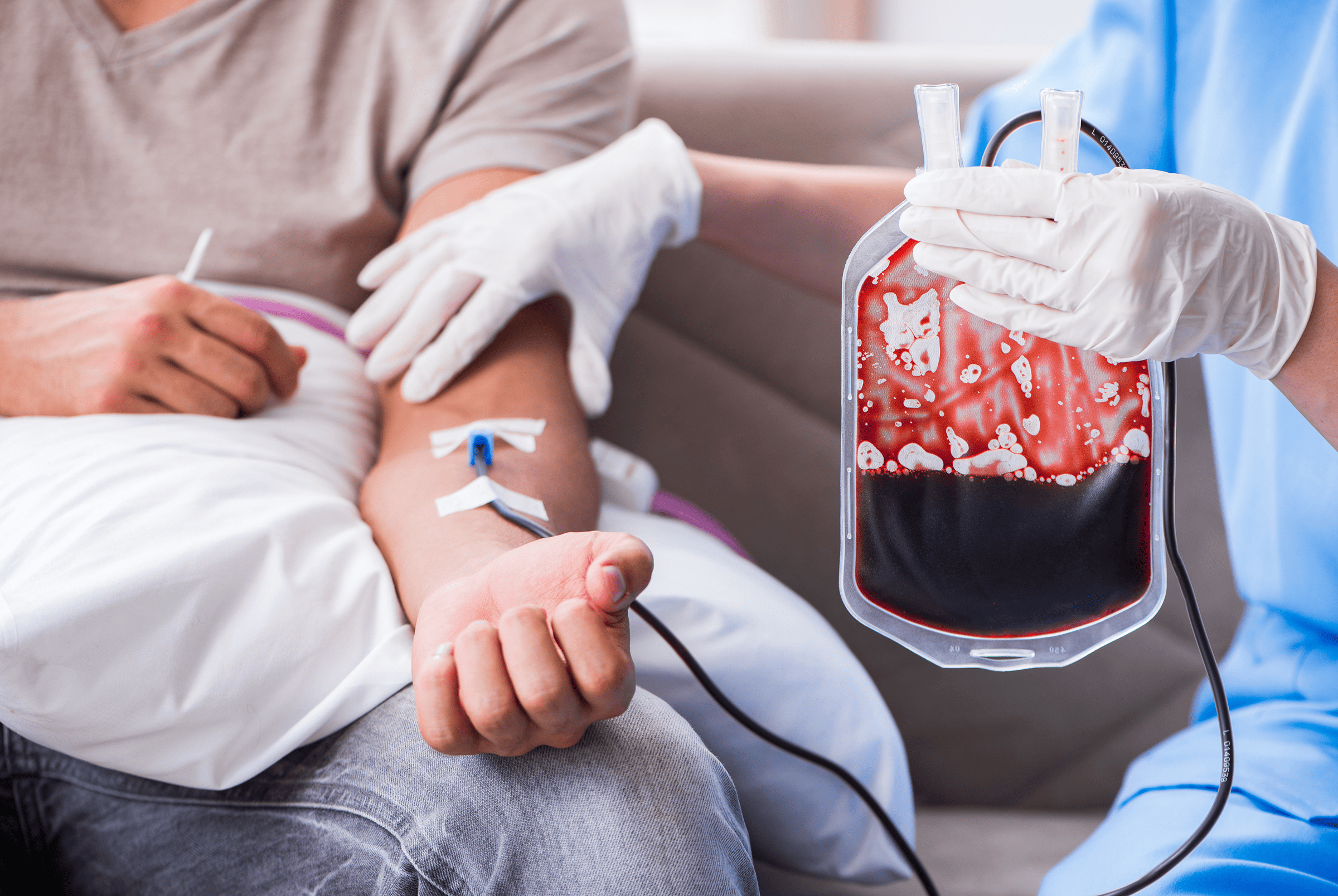
- Key Facts about Kaplan Nursing Entrance Exam
- Features of the Kaplan Nursing Entrance Exam
- Outlining 4 Essential Parts of the Kaplan Nursing Practice Test
- Understanding Kaplan Test Questions
- Kaplan Nursing Entrance Exam Study Guide: Preparation & Strategies
- Kaplan Nursing Practice Exam Results & Interpretation
The Kaplan Nursing Entrance Exam is a must if you are planning to get into a nursing program and become a healthcare professional. Educational institutions use it to check if you have the skills to succeed in nursing. The exam consists of four main parts: reading, math, writing, and science. It’s not just about what you know – it’s also about how well you can think through problems. If you want to prepare well, learning the essentials of this test will be useful. Check out its key elements and the handy tips to help you prepare in advance.
Key Facts about Kaplan Nursing Entrance Exam
Before proceeding to essentials, it is necessary to answer the question, “What is the Kaplan Nursing Entrance Exam?” It is a comprehensive test that future nursing students should take to ensure entrance to a dedicated educational institution. It consists of four partners and 91 questions. From its purpose to skills, check out the main facts dedicated to the Kaplan Nursing Practice test and take a deeper insight into the matter.
- Purpose. This exam is aimed at checking how well a future healthcare specialist understands and uses key skills in reading, math, writing, and science. These are essential for getting through educational institutions and succeeding as a nurse.
- Format. The test has four categories, and the questionnaire is well-elaborated in different areas. You’ll answer 22 reading, 28 math, 21 writing, and 20 science questions, all within 165 minutes (2 hours and 45 minutes.)
- Validity. Nursing schools all over the US rely on the Kaplan nursing exam because it has been tested and proven to accurately predict success in nursing programs. Your future entrance depends on it drastically.
- Skills and knowledge overview. The exam reveals how well a future student understands what they read, solve math problems, write clearly, and grasp basic science concepts.
These aspects are included in the overall process and aren’t just for passing the exam. They are skills checkers each potential healthcare specialist should possess. Interestingly, though the scores mainly help with nursing school entrance; some employers look at them when hiring new graduates, seeing them as a sign of their potential in nursing.
Features of the Kaplan Nursing Entrance Exam
Familiarize yourself with the main features of the Kaplan Nursing Test to get a deeper glimpse of how to tackle each block effectively.
- The exam has a unique scoring system, with each unit getting a particular number of points. The maximum score for each division is 100. Then, these scores are summarized to achieve a final result to ensure entrance.
- It is a computer-based assessment system. It implies achieving the most accurate results and a fair assessment.
- If you aren’t satisfied with your score, you can claim a retake. Just keep in mind that you’ll need to wait at least 45 days before trying again, and you are allowed to take it only three times within a 12-month period.
In compliance with the Americans with Disabilities Act (ADA), the exam offers accommodations to test-takers with disabilities. You must make a request and submit proof of your disability if you need accommodations. In such a case, it is necessary to verify the entrance conditions.
Outlining 4 Essential Parts of the Kaplan Nursing Practice Test
The Kaplan Nursing Entrance Exam is split into four categories, each focusing on different skills. The exam is timed, and each part has its own number of questions and time limit. Check out which skills and knowledge they require and what you should do to pass it with high scores.
- Reading. This category of an exam tests how well you understand and, most importantly, analyze what you read. You should read passages and reveal your understanding of the main idea, details, conclusions, and inferences. To accomplish the task well, you need to read quickly and grasp the key points in the text. The time limit of the block is 25 minutes.
- Mathematics. In this section, you’ll tackle a mix of math problems, including arithmetic, algebra, and data interpretation. 28 issues should be solved in 45 minutes. A strong understanding of the basics of Math and problem-solving skills will help you get high scores.
- Writing. Your written communication abilities are assessed in this section. You’ll be required to recognize and fix mistakes in sentence structure, word choice, grammar, and punctuation. To perform well, you must be able to write clearly and effectively and have a solid understanding of English grammar rules. Don’t forget about time frames: 45 minutes to answer 21 questions.
- Science. No less essential is a science unit, where you must show what you know about basic science. Knowledge in subjects like Biology, Chemistry, and Physics will come in handy. While solving problems in 20 issues for 30 minutes, you’ll need to support your suggestions with facts.
While each section of Kaplan Nursing is designed to assess certain skills, the average score is essential for entrance.
Understanding Kaplan Test Questions
If you are all about becoming a nurse, knowing everything about Kaplan Test questions is of the highest importance.
In the Reading block, the assessment issues fall into the following categories:
- Key notions. You’ll need to identify the main idea of the text or separate paragraphs.
- Supporting details. It is necessary to highlight the essential details accurately.
- Interpretation and summarizing. These requirements imply that you must create a logical conclusion supporting the main idea.
The Math section may include such Kaplan questions:
- Arithmetic checks how you understand such concepts as addition, subtraction, multiplication, and division and how you handle them in practice.
- Algebra requires solving equations and understanding algebraic expressions.
- Problem-solving. Analyzing data and applying mathematical strategies to solve problems will help you succeed.
Writing implies correcting mistakes and improving the flow of the text in various areas:
- Grammar. Understanding grammatical rules is essential for any student. You’ll be checked with verb tenses, sentence structure, and basic constructions.
- Punctuation. These questions imply correcting punctuation errors.
- Word use evaluates your vocabulary and whether you properly choose words in a particular context.
Science is the shortest part of the procedure, but it checks all the basics for nursing practice. You’ll need to answer questions regarding gastrointestinal and cardiovascular systems homeostasis and review basic topics in chemistry, physics, and biology. Such a category is aimed at checking the theoretical knowledge required for your future study.
Kaplan Nursing Entrance Exam Study Guide: Preparation & Strategies
Preparing for such a complex exam may be challenging, but with the right strategy, you can confidently tackle it. Here are some tips to help you prepare.
1. Understand the structure
Explore the requirements of each subsection of the Kaplan Nursing Exam practice and focus on the basics you need to know to handle the questionnaire quickly and efficiently.
2. Refresh your knowledge
Do some brainstorming in reading, math, writing, and science. Pay attention to theory and take a deeper dive into human physiology.
3. Work on reading
Aside from reading, you’ll need to recognize the vital details in the text to analyze it further. Analyzing the ideas and outcomes is also important.
4. Pay attention to math skills
Work on solving math problems and learn the main concepts. Track your progress and hone your skills.
5. Get ready to write
You can use cutting-edge software to enhance your writing, fix errors, and become more confident when it comes to punctuation and grammar.
6. Understand essentials in science
Your knowledge is your main weapon. Review different sources, browse the relevant databases with research, and structure what you have learned.
The main team here is not to live your preparation until the last minute. You should do it gradually, managing your time.
Kaplan Nursing Practice Exam Results & Interpretation
If you want to assess your Kaplan Nursing Practice Exam readiness, you’ll need to research the interpretation of the results in greater detail.
- Your percentile ranking shows the percentage of people who scored lower than you. Quick example: if your ranking is 85, you scored better than 85% of the test-takers.
- The evaluation provides sub-scores for reading, mathematics, writing, and science. These are going to help you understand how well you did in each area.
- Your scale can be understood in context thanks to the range. It displays the typical range of results of other participants. Compare your results with the range to understand whether you might be at the top of the ladder.
- Interpret possible outcomes. If your exam is 70 or even more, you are considered to be competitive. Nevertheless, double-check the specific requirements of your educational institution to make sure you are prepared well.
Unlike many standardized exams, Nursing Kaplan doesn’t give a composite score. Instead, each subsection is assessed individually, and different schools usually have their own minimum requirements for each area. Time management is key, so practicing and familiarizing yourself with the format can help you stay on track and perform your best.















































